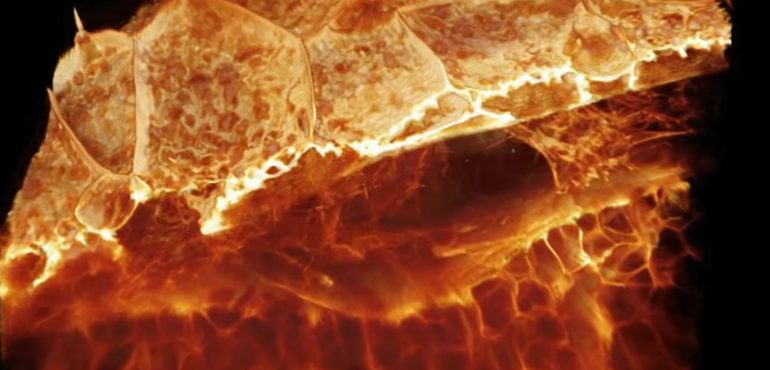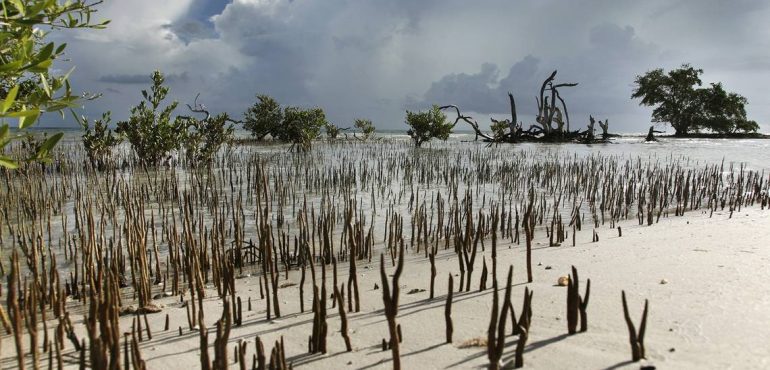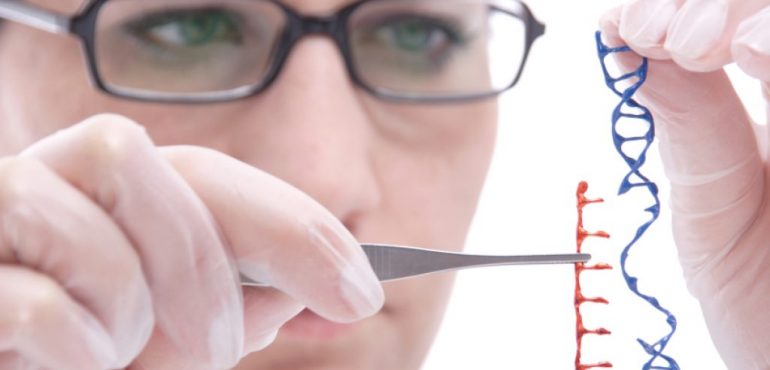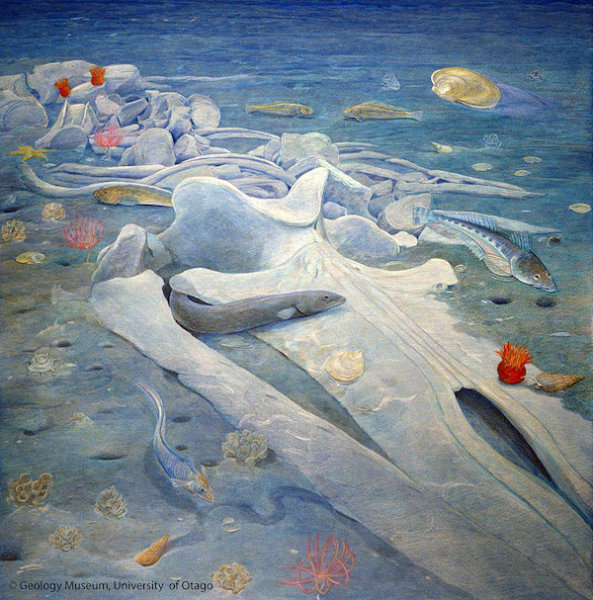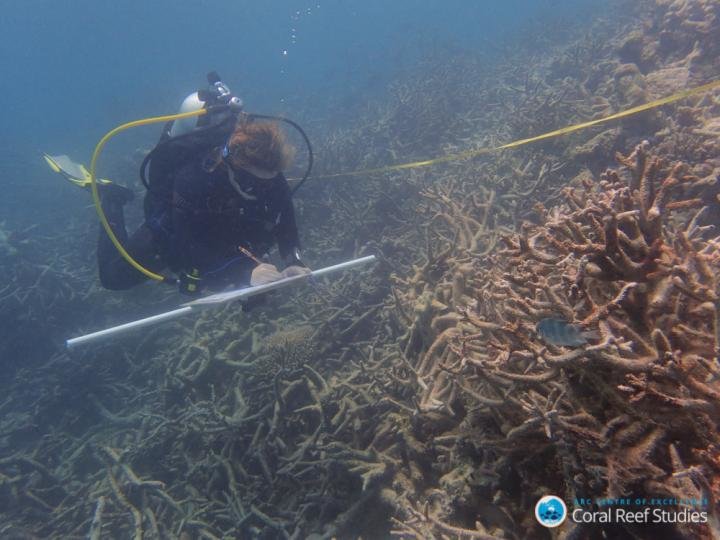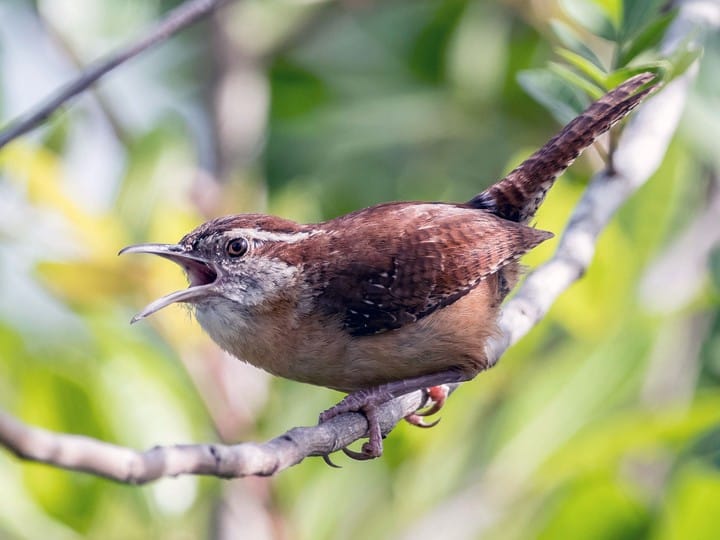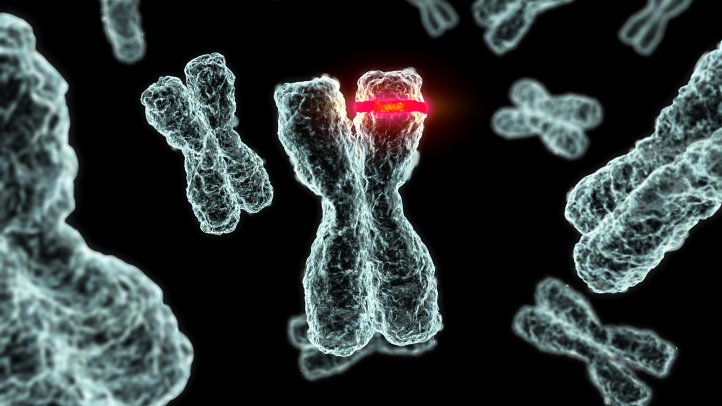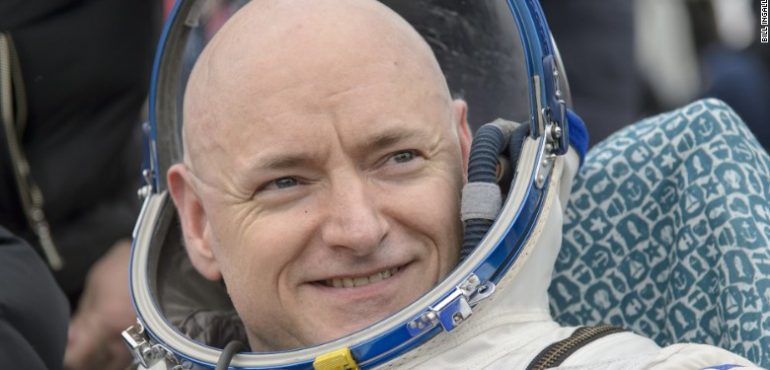For the first time, scientists have peered into living cells and created videos showing how they function with unprecedented 3D detail. Using a special microscope and new lighting techniques, a team from Harvard and the Howard Hughes Medical Institute captured zebrafish immune cell interactions with unheard-of 3D detail and resolution. The tech has already yielded new insights on cell function and…
Read more
Advanced microscope shows cells at work in incredible 3D detail
